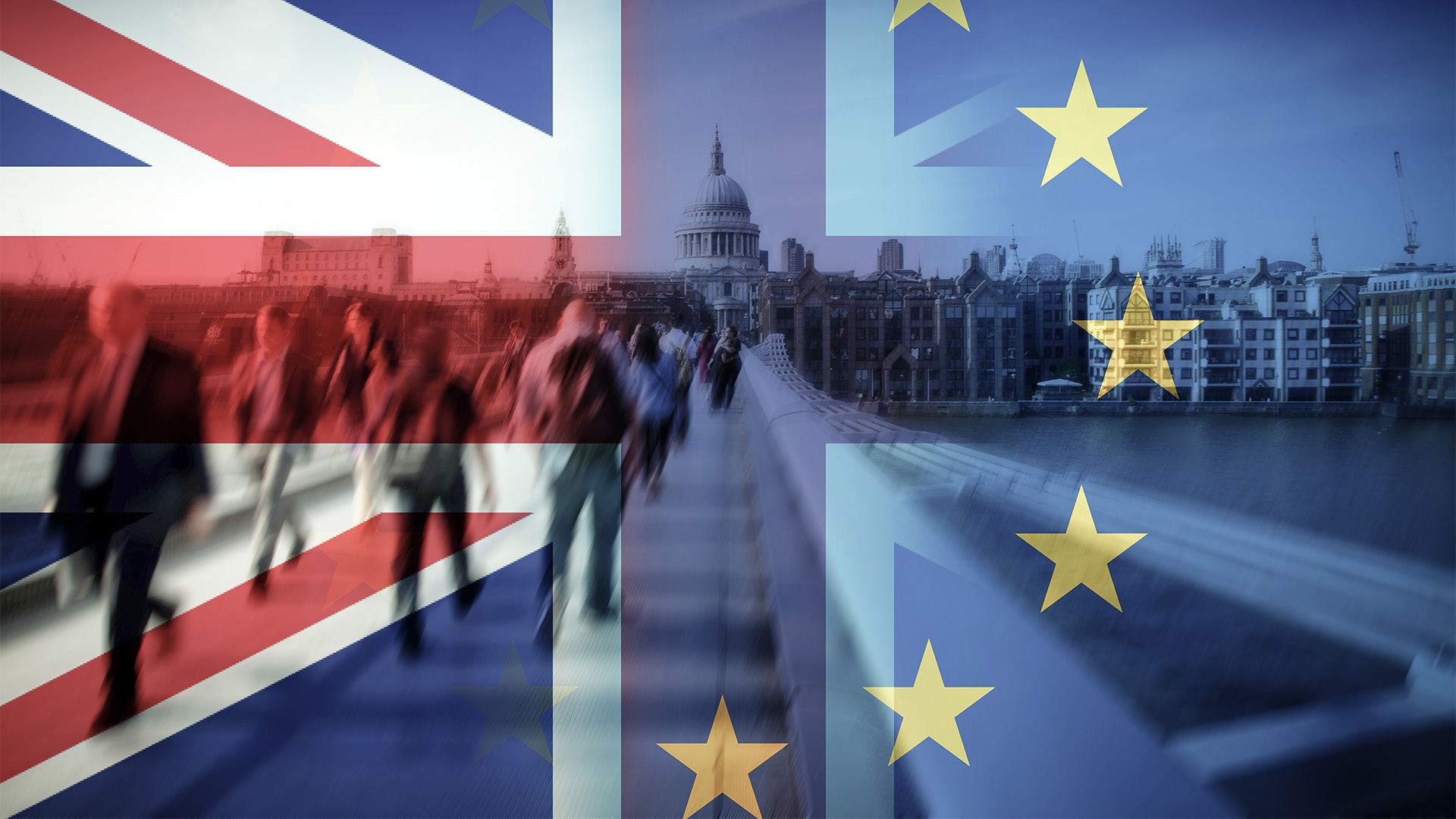
Finance chiefs are increasingly worried about the impact of Brexit and are now more focused on cutting costs than at any time in the last nine years, a Deloitte survey finds.
Three quarters of chief financial officers believe the UK will be worse off as a result of leaving the EU and many are focussing on cutting costs in an effort to mitigate the impact of a divorce between the two, according to Deloitte’s fourth quarter survey of CFOs.
As well as tightening up spending to minimise perceived long-term risks to the business environment from Brexit, CFOs have also been scaling back on recruitment plans, says the study, with more than half of the respondents anticipating that their hiring will slow over the next three years.
Of the CFOs surveyed, 49% said that their capital expenditure will slow, an increase from 44% in Deloitte’s third quarter reading. While increasing in each of the last three quarters, neither is as high as they were immediately after the referendum, says the professional services group, adding: “There is diminished appetite among CFOs for capital expenditure, M&A; and introducing new products or services. Their focus on cost reduction now is greater than at any time in the last nine years.”
The survey took place between 8th and 24th January, with 110 CFOs participating, including the CFOs of 20 FTSE 100 and 41 FTSE 250 companies. The rest were CFOs of other UK-listed companies, large private companies and UK subsidiaries of major companies listed overseas. The combined market value of the 75 UK-listed companies surveyed is £390bn, or approximately 16% of the UK quoted equity market.
Hunkering down
Drilling further down into the survey data shows that CFOs are continuing to focus on defensive strategies for the coming 12 months, with 56% citing cost control as a strong priority, compared with 53% in the third quarter of 2018. This is followed by increasing cash flow, a priority for 47% of CFOs, down from 48%. CFOs also expect fellow UK corporates to reduce capital expenditure over the next 12 months.
Risk appetite has now dropped to a nine-year low and expectations for revenue growth are down to the lowest level since the EU referendum in 2016. Expansionary strategies such as introducing new products and services, increasing capital expenditure and expanding by acquisition have fallen out of favour.
Ian Stewart, Chief Economist at Deloitte, says: “The study shows that uncertainty over Brexit is driving a marked shift towards defensive balance sheet strategies among British businesses. With the UK’s growth prospects heavily dependent on the so far uncertain nature of its exit from the EU, corporates are cutting back on capital expenditure and hiring, focusing instead on cost reduction.
“Corporates are positioned for the hardest of Brexits, with risk appetite at recessionary levels and an intense focus on cost control. Businesses seem to be increasingly pricing in a worst-case outcome. Anything better, including a delay or a deal, could deliver a Brexit bounce in sentiment.”
David Sproul, Senior Partner and Chief Executive of Deloitte North West Europe, adds: “This survey shows a definite ‘hunkering down’ mentality across the UK’s CFO community, highlighted by the focus on cost control, a pause on hiring and low appetite for risk.
“Given the ongoing Brexit uncertainty, this attitude is understandable and demonstrates that business urgently needs clarity about the UK’s future relationship with the EU. Unless a favourable deal is agreed, it seems likely that this current lack of appetite for investment or recruitment will continue.”